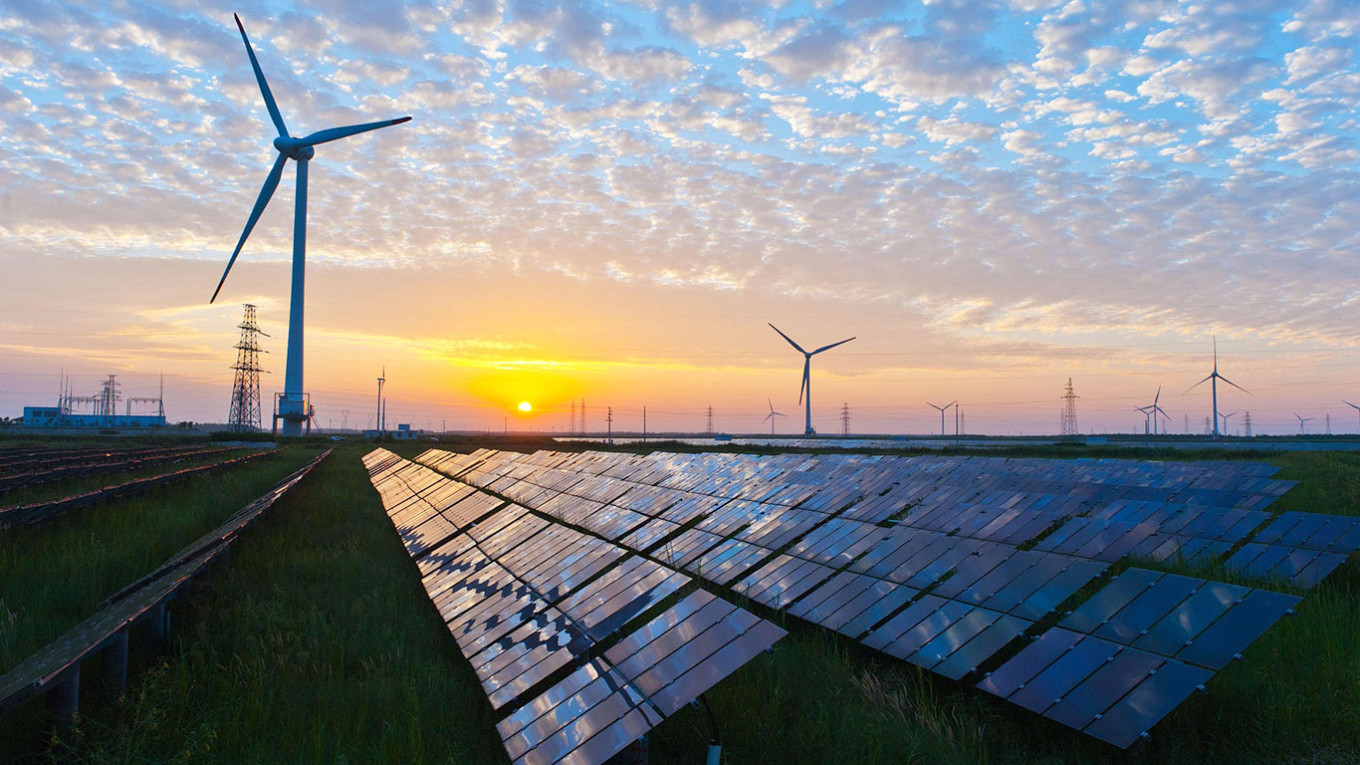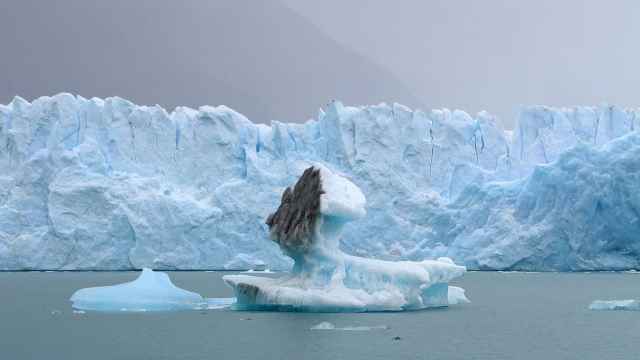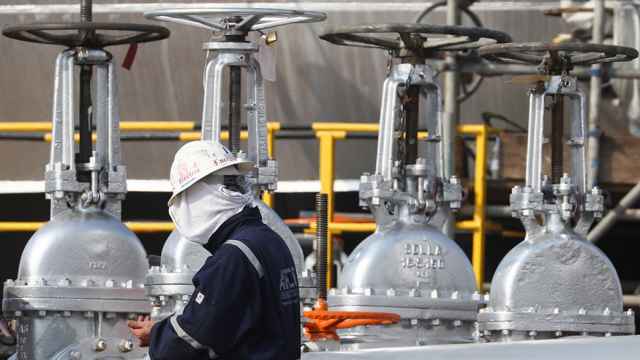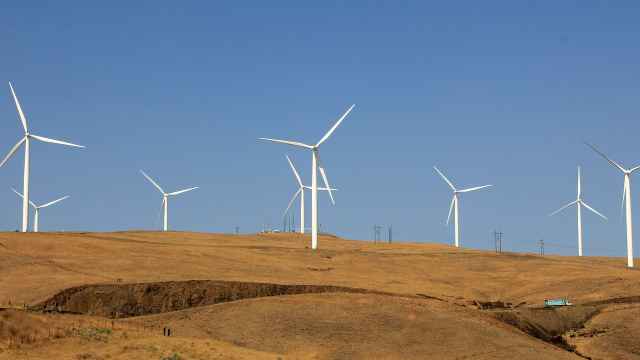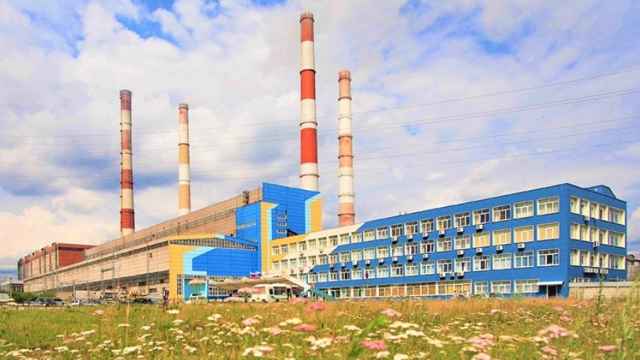Just a few weeks before the UN’s COP26 climate change conference, the Russian Government has asked several ministries to figure out how Russia can catch up with other developed nations on the path to decarbonization, the RBC news website has reported.
Russia is one of the few leading economies not to have submitted a more ambitious climate strategy ahead of the November summit, as is required. The government now tasked experts at the ministries for energy, natural resources, defense, and other agencies with working out how to transform Russia from a fossil-focused to a renewable-oriented economy.
Over the past four weeks, officials have conducted multiple meetings on energy transition — all of them behind closed doors — according to RBC sources. Prime Minister Mikhail Mishustin asked the ministries to research how Russia can adapt to changes in the global energy market and put deputy Prime Minister Andrei Belousov in charge of the working groups, RBC reported.
“Russia so far looks like a white area on the global map of carbon markets,” Vladimir Chuprov, head of projects at Greenpeace Russia, told RBC.
In July 2021, the EU introduced its Fit for 55 strategy, which among other things called for a tax on foreign products linked to significant carbon emissions. About 50% of Russian exports are linked to coal, oil, or fossil gas, RBC reported.
According to the government, the EU import carbon tax could cost the Russia economy billions of dollars, as the EU is Russia’s biggest trading partner. Unlike the EU, the U.S. and China, Russia doesn’t have a carbon market where companies can purchase quotas for emissions.
The ministries will come up with several possible scenarios for how global energy transition might affect the Russian economy, although the government’s current energy strategy is aimed at increasing fossil gas production tenfold by 2035.
Russia has also recently published a new plan to cut carbon emissions by relying on its forests’ carbon sink potential. However, the real ability of Russian forests to absorb greenhouse gases might be lower than government experts estimate.
A Message from The Moscow Times:
Dear readers,
We are facing unprecedented challenges. Russia's Prosecutor General's Office has designated The Moscow Times as an "undesirable" organization, criminalizing our work and putting our staff at risk of prosecution. This follows our earlier unjust labeling as a "foreign agent."
These actions are direct attempts to silence independent journalism in Russia. The authorities claim our work "discredits the decisions of the Russian leadership." We see things differently: we strive to provide accurate, unbiased reporting on Russia.
We, the journalists of The Moscow Times, refuse to be silenced. But to continue our work, we need your help.
Your support, no matter how small, makes a world of difference. If you can, please support us monthly starting from just $2. It's quick to set up, and every contribution makes a significant impact.
By supporting The Moscow Times, you're defending open, independent journalism in the face of repression. Thank you for standing with us.
Remind me later.


